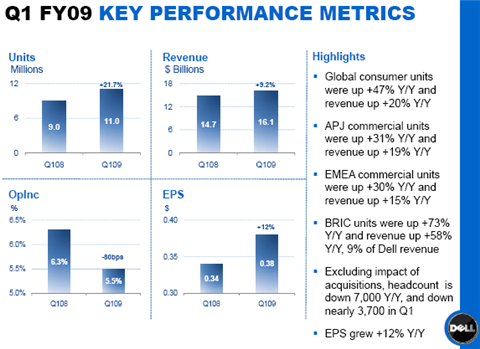OMAHA, Neb. — Warren Buffett Saturday said his Berkshire Hathaway holding company bought $4-billion (U.S.) of auction-rate securities during the market's recent distress.
Speaking at Berkshire's annual shareholder meeting, Mr. Buffett also said his new municipal bond insurer, Berkshire Hathaway Assurance Corp., is becoming a major force, capturing higher premiums than rivals that have been strained by exposure to subprime mortgages.
The $330-billion market for auction-rate securities, which are long-term bonds whose rates are reset periodically, froze this winter.
Investors flooded dealers with paper backed by bond insurers whom they feared would lose their “triple-A” credit ratings. As a result, many municipal bond issuers were for several weeks forced to pay uncommonly high interest rates.
Mr. Buffett spoke of how debt issued by the Los Angeles County Museum of Art fetched a 3.15 per cent interest rate on Jan. 24, and 8 per cent just three weeks later.
He also said Berkshire has bought auction-rate debt with an 11.3 per cent rate from one broker, at the exact time another broker was offering a 6 per cent rate.
“Those are huge dislocations in the market. That's crazy,” Mr. Buffett said. “Those are great times to make unusual amounts of money.” He said, nonetheless, that Berkshire, whose market value is more than $200-billion, is so large that such investments won't have a big impact on results.
Mr. Buffett also confirmed that the bond insurer he created in December was rapidly increasing market share, having won some $400-million of business in the first quarter.
Berkshire Hathaway Assurance has won “triple-A” ratings from Standard & Poor's and Moody's Investors Service.
While some rivals such as MBIA Inc. and Ambac Financial Group Inc. have also carried those ratings, Mr. Buffett said some market participants are willing to pay premiums above 2 per cent. That's well above the 1 per cent to 1.5 per cent that those other insurers typically charge.
He also said almost all of the secondary business came from issuers that already had insurance from rivals.
“It tells you something about the meaning of ‘triple-A' in the bond insurance field in the first quarter,” Mr. Buffett said.
Mr. Buffett also confirmed that in the primary market, Berkshire has insured nearly $400-million of Detroit sewer and water disposal system bonds.
In addition, he praised Ajit Jain, the Berkshire insurance executive who has overseen the development of the bond insurer. Many analysts and investors have said Mr. Jain is a top candidate to eventually succeed Mr. Buffett as Berkshire's chief executive.
“Ajit has done a remarkable job in this area,” Mr. Buffett said. “It's pretty remarkable, and I congratulate him for it.”






